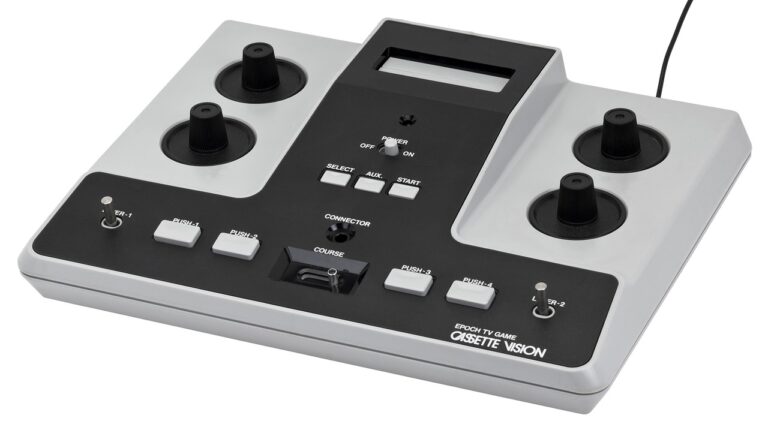The Role of Music Labels in Soundtrack Production for Film, TV, and Gaming: Betbhai9 com sign up, Playexch, Gold365win
betbhai9 com sign up, playexch, gold365win: Music labels play a crucial role in the production of soundtracks for films, TV shows, and video games. These labels work closely with composers, artists, and producers to create music that enhances the overall viewing or gaming experience. In this article, we will delve into the specific responsibilities of music labels in soundtrack production and how they contribute to the success of various entertainment mediums.
Soundtrack Development
One of the primary roles of music labels in soundtrack production is to assist in the development of the soundtrack for a specific project. This involves working with filmmakers, TV producers, or game developers to understand the tone, mood, and overall vision of the project. Music labels help in selecting the right artists or composers to create the music that aligns with the project’s requirements.
Artist and Composer Selection
Music labels have a vast network of artists and composers that they work with regularly. They play a crucial role in selecting the right talent for a particular project based on the genre, style, and overall feel of the music needed. Music labels also negotiate contracts and licensing agreements with artists and composers to ensure that the music rights are properly secured for the project.
Music Production and Recording
Once the artists or composers are selected, music labels oversee the production and recording process. This involves coordinating studio time, hiring session musicians if needed, and ensuring that the music meets the quality standards set by the label and the project’s creators. Music labels also provide guidance and feedback to the artists and composers throughout the recording process to ensure that the music aligns with the project’s vision.
Licensing and Distribution
Music labels are responsible for securing the necessary licenses for the music used in a film, TV show, or video game. This includes obtaining synchronization licenses for the use of the music in visual media and ensuring that all copyright and royalty issues are properly addressed. Music labels also handle the distribution of the soundtrack to various platforms, including digital streaming services, physical media, and licensing for use in commercials or trailers.
Promotion and Marketing
Once the soundtrack is ready for release, music labels play a crucial role in promoting and marketing the music to target audiences. This involves creating promotional materials, organizing album launch events, and working with media outlets to generate buzz around the soundtrack. Music labels also collaborate with the project’s creators to ensure that the music is effectively integrated into the overall marketing strategy for the film, TV show, or video game.
Conclusion
In conclusion, music labels play a vital role in soundtrack production for film, TV, and gaming. They assist in every step of the process, from soundtrack development to licensing and distribution, ensuring that the music enhances the overall viewing or gaming experience. Without the expertise and resources provided by music labels, many of our favorite films, TV shows, and video games would not have the iconic soundtracks that we love and remember.
FAQs
Q: How do music labels select artists and composers for a soundtrack?
A: Music labels consider factors such as genre, style, and the project’s requirements when selecting artists and composers for a soundtrack. They also take into account the artist or composer’s previous work and compatibility with the project’s vision.
Q: What is the role of music labels in licensing and distribution?
A: Music labels are responsible for securing the necessary licenses for the music used in a project and ensuring that all copyright and royalty issues are properly addressed. They also handle the distribution of the soundtrack to various platforms, including digital streaming services and physical media.
Q: How do music labels promote and market soundtracks?
A: Music labels create promotional materials, organize album launch events, and work with media outlets to generate buzz around the soundtrack. They also collaborate with the project’s creators to integrate the music into the overall marketing strategy for the project.







